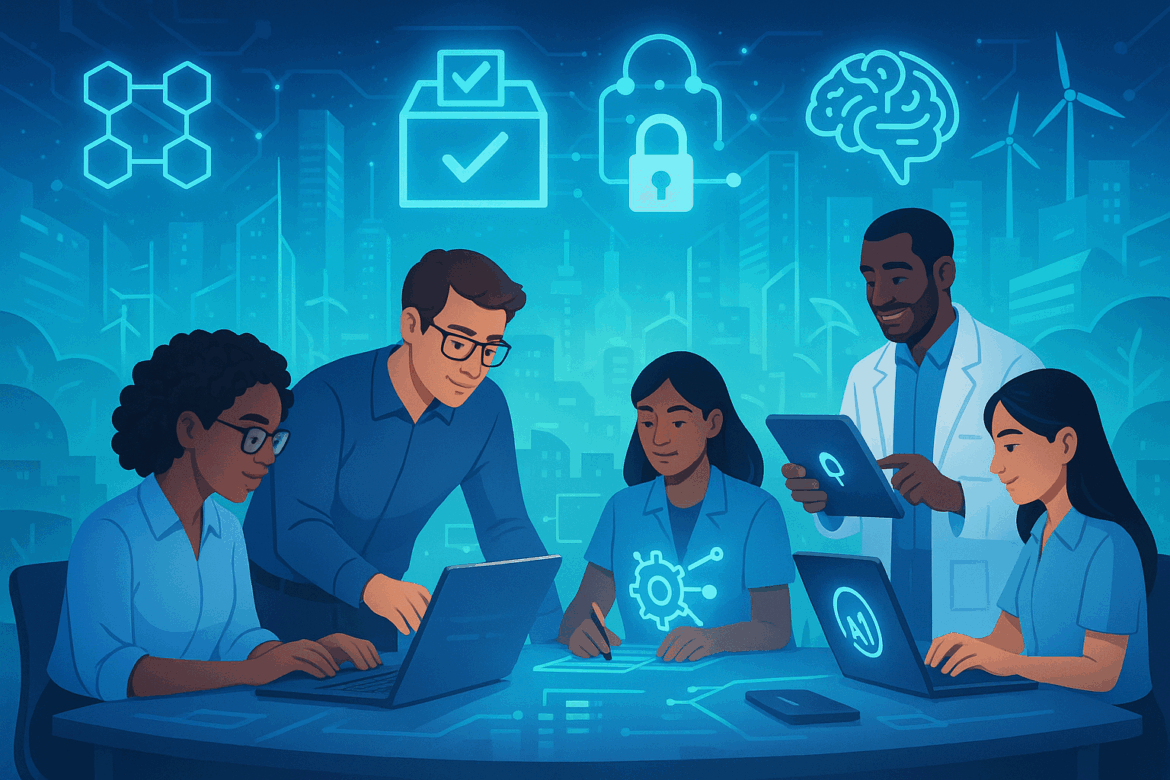In our current era, technology has an impact on almost every aspect of society — including how we take part in democracy. From voting machines to online platforms for public debate, engineering has a major impact on building secure, fair, and transparent digital democracies.
But what is a digital democracy, and how do engineers help make it work? Let’s explore this topic.
🧠 What Is a Digital Democracy?
A digital democracy uses technology to include more people in decision-making. It can involve:
- Online voting
- Digital petitions
- Public forums on government websites
- Mobile apps that help citizens voice their opinions
The aim is to ensure everyone can join in and securely — regardless of where they live.
🛠️ How Engineering Has an Impact on Digital Democracy
Every successful digital democracy relies on a team of capable engineers who build reliable tools. Here’s how engineering supports this movement:
🔐 Cybersecurity and Data Protection
Engineers create systems to keep voting machines, websites, and databases secure. They apply encryption, firewalls, and multi-factor authentication to protect people’s votes and personal information from theft or alteration.
💻 Scalable and User-Friendly Platforms
Engineers ensure voting apps and public portals can handle millions of users . They also aim to make these platforms easy to use and accessible for people of all ages and tech abilities.
🕵️ Transparent Systems
By leveraging open-source software and blockchain technology, engineers contribute to the development of systems that allow for public scrutiny. Trust hinges on transparency — voters must be confident that every ballot receives fair consideration.
🤖 Automation to Boost Productivity
Engineers design automated tools to assist with voter sign-ups, vote tallying, and even the identification of fake profiles or automated activity. This approach accelerates the process and enhances precision.
🌍 Real-Life Applications of Engineering in Digital Democracies
Here are some instances of engineering in action:
- Estonia’s e-Residency and i-Voting system — lets citizens cast their votes online
- Brazil’s electronic voting machines — cut down on fraud and speed up elections
- Taiwan’s vTaiwan platform — uses tech to gather public policy ideas from the crowd
These cases prove that clever engineering can make it easier for everyone to take part.
🔮 The Future of Digital Democracy
As tech gets better, we’ll see more:
- AI-powered tools to help lawmakers make choices
- Voting apps for phones with top-notch security
- Platforms without central control that give voters direct say
However, to make all this happen, engineers need to prioritize security, accessibility, and transparency at every stage.
